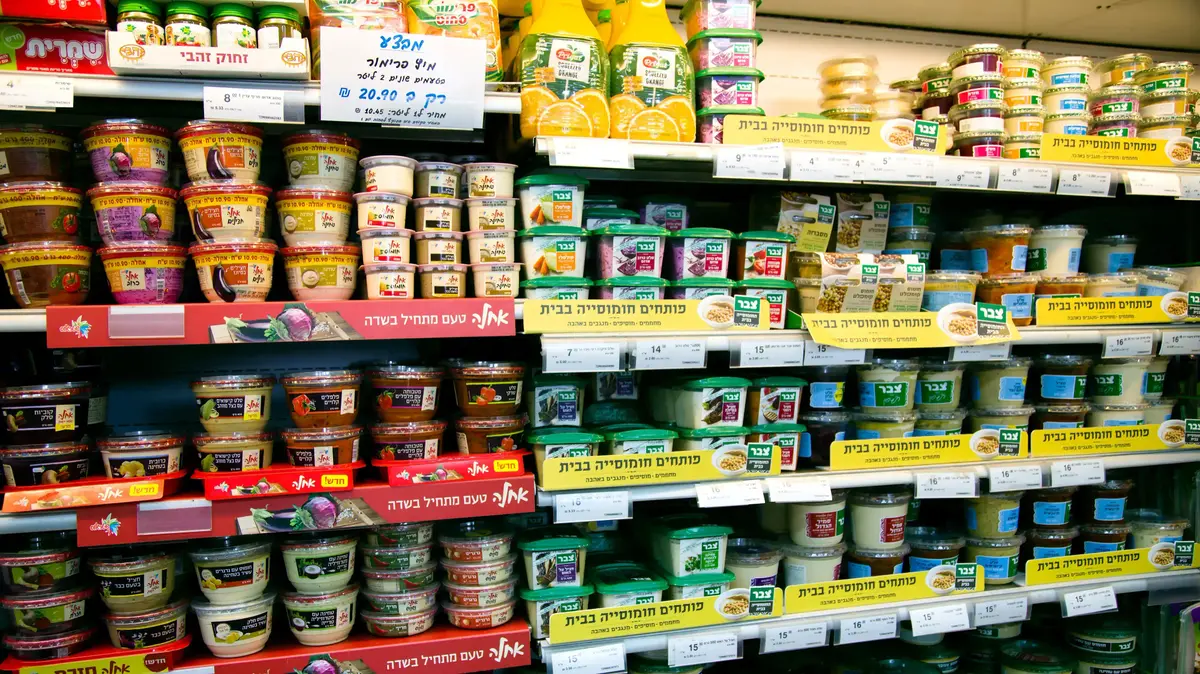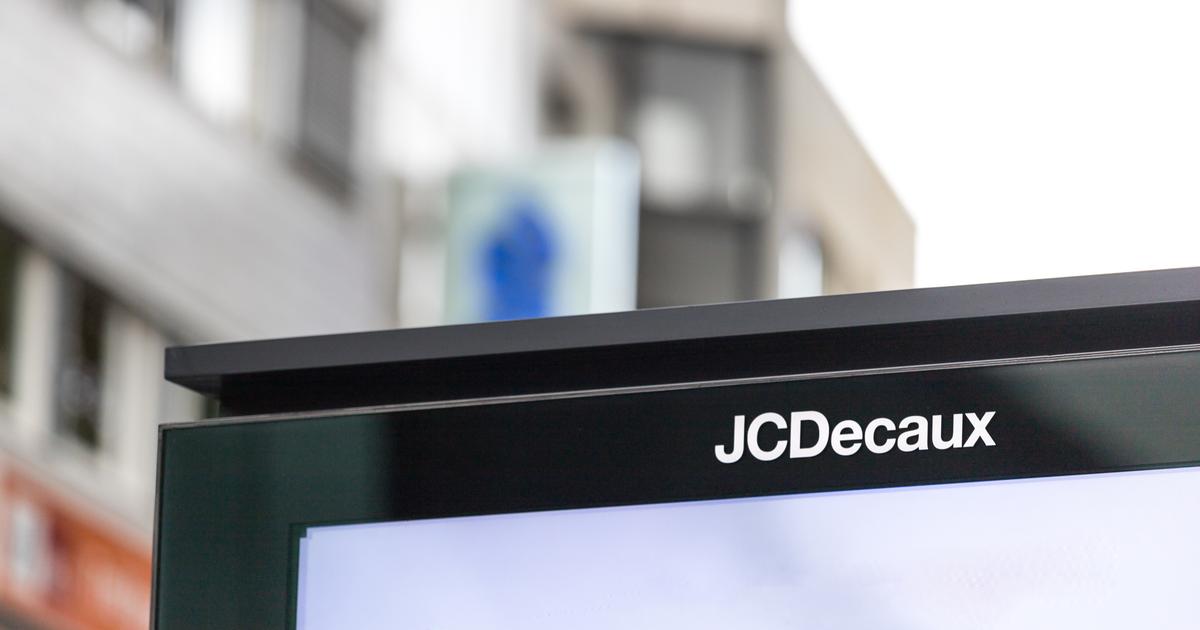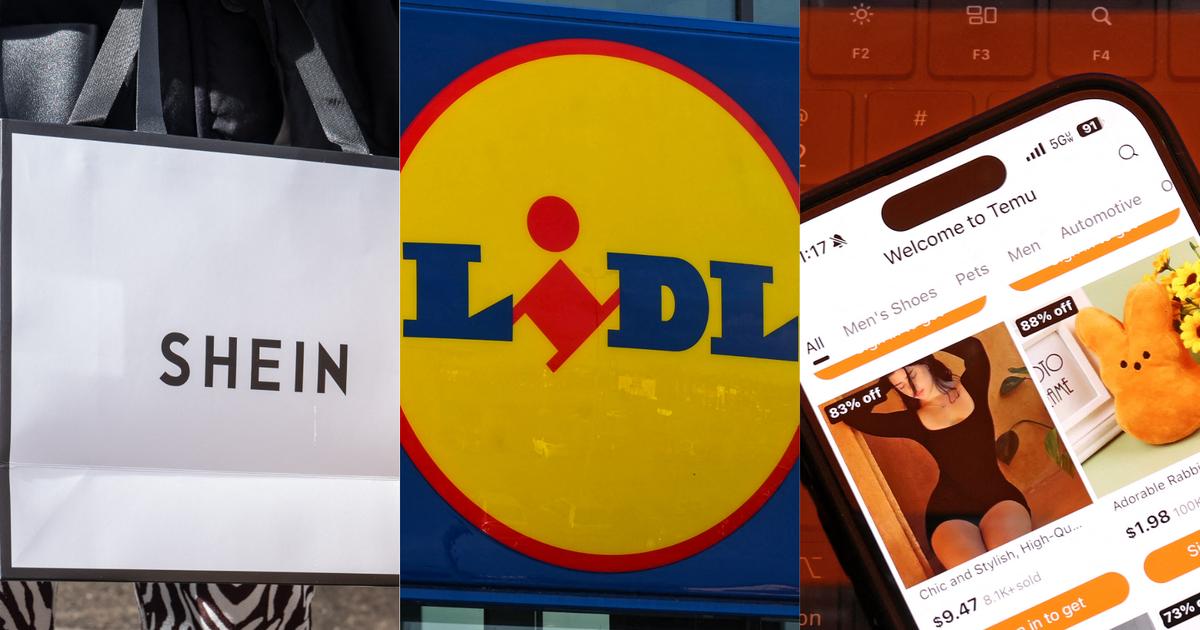Shufersal's carts (Photo: PR)
Shufersal's first quarterly report for 2023 amounted to revenues of NIS 3.7 billion, an increase of 6.3% compared to the corresponding quarter last year. Operating profit also increased to NIS 151 million, representing about 4.1% of revenues.
Itzik Avrakhan, Chairman of Shufersal's Board of Directors, and Uri Veterman, CEO of Shufersal Group, said, "We are proud to conclude a successful quarter in which the Group showed growth and improvement in all operational parameters, following the business moves we implemented at the end of last year. The improvement in results is reflected in an increase in revenues while streamlining expenses compared to the corresponding quarter of last year. The results of the quarter were impacted by an improvement in core activity in food retail, an increase in business market activity and the introduction of stock activity, and inter alia, by the timing of the Passover holiday."
Well, with all due respect to Shufersal's streamlining - and there is certainly respect, the profit caused by the streamlining activities the consumer should have felt in his pocket. Instead, the company rakes in the profits for itself, leaving the small citizen with food prices that are increasing by tens of percent a year. It's true that it's a for-profit company and it's true that not everything is in its hands, but with NIS 3.7 billion in the quarter, there is no doubt that it could have done more to help combat the cost of living. The main problem is that it has no interest.
According to Shufersal, "The Group is currently in a starting position after a difficult year during which we prepared for future market challenges." She did not specify what the challenges were, but judging by the group's stock value, it does appear that the group suffered a significant fall in mid-2022 and only recently, following the publication of the report, has it begun to recover. Still, you can be sure that none of the company's executives went to bed hungry.
Now, it's no secret that the food industry is undergoing changes, with the entry of international players into the Israeli market, an increase in food orders through e-commerce sites, and the introduction of advanced technologies to improve the shopping experience, service and customer loyalty. Of all the food chains, Shufersal seems to be the first to adopt innovative methods and is considered a pioneer in the field. Correspondingly, it ranks first in the BDI index in the category of food marketing chains and second place in the commerce category. However, in terms of consumer prices, Shufersal has never claimed the crown of "the cheapest basket" and has even raised prices systematically and consistently, indicating that price is not always the main consideration of the Israeli consumer. Is it?
Private Labels - A Cheap Solution That Will Still Cost Us Dearly
Shufersal prides itself on its private label, which has become one of the strongest and most popular brands in Israel, but let's face it, it doesn't really indicate consumer preferences, it's simply cheaper.
Shufersal's private label, as well as that of Rami Levy, Osher Ad and the other supermarket chains, enjoys a economies of scale that leave competing brands in the dust. Whether it is imported goods or local produce, packaged under the brand name, wholesale shopping and national distribution allow private labels to offer prices unlike any other brand in the supermarket.
The result is a very high entry bar for small or new brands that want to enter the market, and yet, compared to Europe, private labels are also extremely expensive.
Branding separately and reality separately
Shufersal Group, which aspires to brand itself as a company that advocates sustainability, has been involved more than once and not twice in omissions that have aroused public criticism.
A Greenpeace report from 2019, which traced the supply chain of beef sold in Shufersal refrigerators, revealed that the company is complicit in the destruction of the Amazon forests in Brazil and the Chaco in Argentina, in order to clear grazing land for cattle, through the export company Minerva and importer Nehemiah Lachowicz. Despite the reports and the wave of protests against it, the company never officially responded to the allegations and the destruction of forests continues to this day.
Moreover, despite repeated calls to adopt the dynamic pricing model, which allows the purchase of short-term products at a significant discount, Shufersal continues to discard substantial quantities of expired goods that could have been sold to consumers at a reduced price.
"Food manufacturers today throw away about 35% of their produce, with a total value of billions of shekels a year. At the same time, family expenditure on food is the second largest expenditure in Israel and is very heavy on households, especially now that prices are rising," says Dr. Michal Bitterman, CEO of TNS Israel, which has been promoting dynamic pricing in Israel since 2018.
More in Walla!
The treatment that prolongs the lives of lung cancer patients
In association with the Israeli Lung Cancer Association
Sector discrimination and exclusion of women
If that wasn't enough, in 2021 it was discovered that the Shufersal Group operated, almost secretly, Shufersal Lemehadrin, an online shopping site dedicated to the ultra-Orthodox public, which offered much cheaper prices than those offered on its regular shopping site. The affair caused a great uproar among the public until eventually, in a sudden action, the site was removed from the network.
And of course Shufersal's scandals do not end here, because just less than two weeks ago another scandal was exposed: beauty products at the BE chain, whose packaging featured pictures of women, were covered with purple stickers so as not to "hurt the feelings of the ultra-Orthodox." Once again, a public outcry erupted, Shufersal was accused of excluding women and was forced to apologize publicly.
So what is actually happening at Shufersal?
Managerial activism or branding activism is a relatively new phenomenon and a kind of practical derivative of employer branding, in which a company or its managers express a position or take controversial action on a social or political issue. While such actions can have a strong statement, they cannot come at the expense of customers or hurt their feelings. In Shufersal's case, it's unclear whether this is a deliberate strategy or a distraction bordering on negligence, but the bragging about its huge profits, while large segments of the public are struggling to keep warm, as well as its tendency to sweep scandals under the rug, is outrageous to say the least.
- Marketing & Digital
- Headers
Tags
- Shufersal
- Retail chains
- Food chains
- competition
- Spaces
- Financial Statements
- Cost of Living
- Food prices









